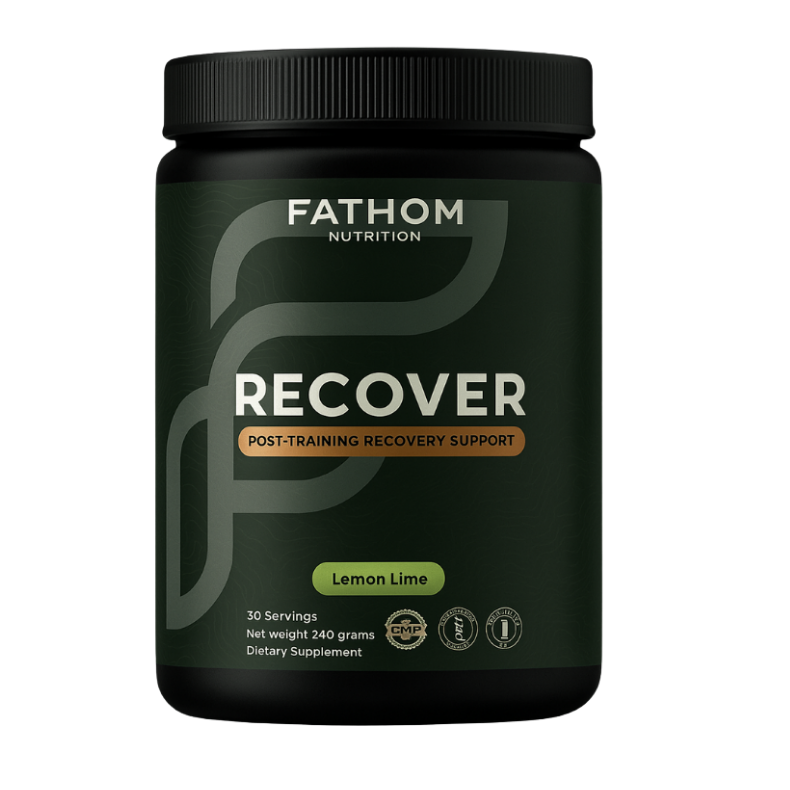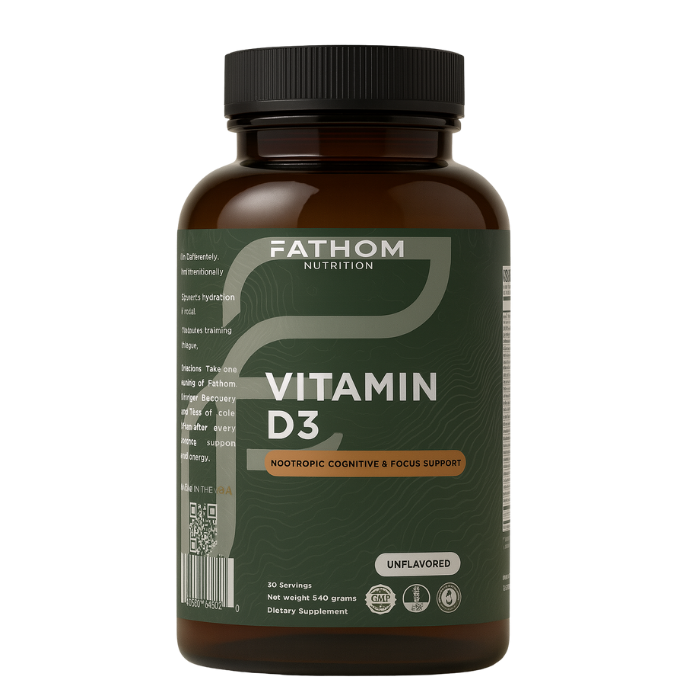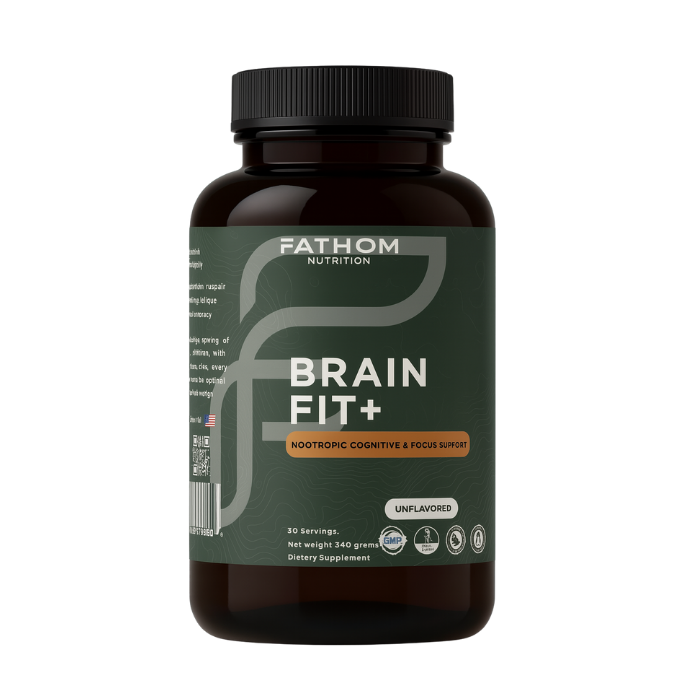The Best Foods for a Healthier Gut Microbiome

Transform Your Gut Health Overnight: The Best Foods for a Healthier Microbiome
Your gut health plays a foundational role in your overall well-being, influencing everything from digestion to mood, immunity, and even cognitive function. While achieving optimal gut health is a lifelong endeavor, certain foods can have an immediate impact, setting the stage for long-term improvements. This guide, inspired by cutting-edge research and actionable insights, explores how to leverage food choices to improve your gut microbiome overnight and beyond.
Why Gut Health Matters
The gut microbiome is a bustling community of trillions of microorganisms, including bacteria, fungi, and viruses, that reside in your digestive system. A balanced microbiome supports vital processes such as:
-
Digestive Health: Efficient nutrient absorption and regular bowel movements.
-
Immune Function: Protection against pathogens and reduction of inflammation.
-
Mental Health: Production of serotonin and modulation of the gut-brain axis.
-
Metabolic Regulation: Energy balance and weight management.
When your gut microbiome is out of balance—a condition known as dysbiosis—it can lead to digestive discomfort, weakened immunity, and even chronic diseases.
How Foods Influence Gut Health
Your diet is one of the most significant factors in shaping your gut microbiome. Certain foods promote the growth of beneficial bacteria, while others encourage harmful microbes to thrive. Making deliberate dietary choices can quickly tip the balance in favor of a healthier gut.
Top Foods to Improve Gut Health Overnight
Incorporating these gut-friendly foods into your dinner or late-night snack routine can start rebalancing your microbiome by morning:
1. Fermented Foods
Fermented foods are rich in probiotics, the live bacteria that help populate your gut with beneficial microbes.
-
Examples: Yogurt (with live cultures), kefir, kimchi, sauerkraut, miso, and tempeh.
-
How They Help: Probiotics improve gut barrier function, reduce inflammation, and support digestion.
-
Quick Tip: Choose products labeled “live and active cultures” and avoid pasteurized options that may lack live bacteria.
2. Prebiotic-Rich Foods
Prebiotics are types of fiber that feed your gut’s beneficial bacteria, helping them thrive.
-
Examples: Garlic, onions, leeks, asparagus, bananas (slightly green), and oats.
-
How They Help: Prebiotics stimulate the growth of probiotics and enhance the production of short-chain fatty acids (SCFAs), which reduce inflammation and improve gut health.
-
Quick Tip: Incorporate prebiotic-rich vegetables into your evening meal to fuel your microbiome overnight.
3. High-Fiber Foods
Dietary fiber acts as a prebiotic and helps regulate digestion.
-
Examples: Lentils, chickpeas, quinoa, berries, apples (with skin), and whole grains.
-
How They Help: Fiber promotes regular bowel movements and supports the growth of diverse gut bacteria.
-
Quick Tip: Add a serving of whole grains or legumes to dinner for a fiber boost.
4. Polyphenol-Rich Foods
Polyphenols are plant compounds with antioxidant properties that also feed beneficial gut bacteria.
-
Examples: Dark chocolate, green tea, red wine (in moderation), blueberries, and spinach.
-
How They Help: Polyphenols support microbial diversity and reduce oxidative stress in the gut.
-
Quick Tip: Enjoy a small piece of dark chocolate or a cup of green tea after dinner.
5. Bone Broth
Bone broth is a nutrient-dense liquid packed with collagen, amino acids, and minerals that support gut lining integrity.
-
How It Helps: Strengthens the gut lining and reduces inflammation.
-
Quick Tip: Sip on bone broth as an evening drink to soothe the digestive system.
Foods to Avoid for Gut Health
Just as some foods improve gut health, others can disrupt it. Avoiding or minimizing these options can enhance the benefits of your gut-friendly choices:
-
Refined Sugars: Encourage the growth of harmful bacteria and yeast.
-
Processed Foods: Contain additives and preservatives that may irritate the gut lining.
-
Artificial Sweeteners: Linked to dysbiosis and reduced microbial diversity.
-
Excessive Alcohol: Damages the gut lining and promotes inflammation.
Additional Tips for Overnight Gut Health Optimization
Pairing dietary changes with these habits can amplify their effects:
1. Stay Hydrated
Water aids digestion and helps maintain a healthy gut lining. Drink a glass of water before bed to support overnight processes.
2. Avoid Late-Night Eating
Eating too close to bedtime can disrupt your digestive system and circadian rhythm. Aim to finish your last meal 2-3 hours before sleeping.
3. Prioritize Sleep
Sleep and gut health are closely linked. Poor sleep can disrupt your microbiome, so aim for 7-9 hours of quality rest each night.
4. Practice Mindful Eating
Chewing thoroughly and eating slowly can improve digestion and nutrient absorption.
The Long-Term Benefits of a Healthy Gut
While certain foods can provide quick benefits, consistent effort over time is key to achieving and maintaining optimal gut health. The rewards include:
-
Improved Digestion: Regular bowel movements and reduced bloating.
-
Enhanced Immunity: A stronger defense against infections and illnesses.
-
Better Mood: Balanced gut bacteria support serotonin production, improving mental well-being.
-
Increased Energy: Efficient nutrient absorption fuels your body more effectively.
Conclusion: Take Charge of Your Gut Health Today
Transforming your gut health doesn’t have to be complicated or time-consuming. By incorporating probiotic-rich, prebiotic, and fiber-filled foods into your evening routine, you can make meaningful changes overnight. Avoiding disruptive foods and adopting supportive habits like hydration and mindful eating will amplify these effects.
A healthier gut means a healthier you—physically, mentally, and emotionally. Start today with these simple yet powerful strategies, and experience the difference in your overall well-being by morning and beyond.











